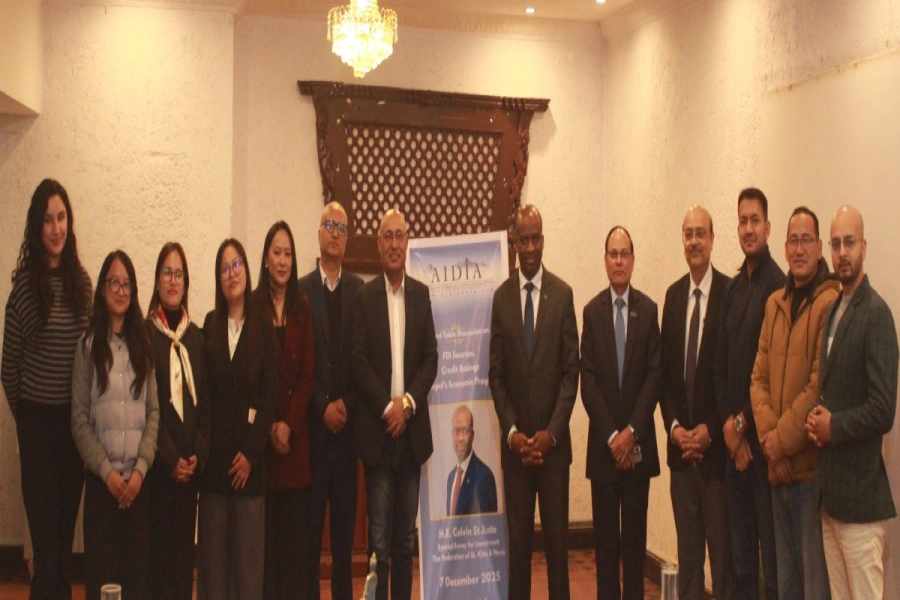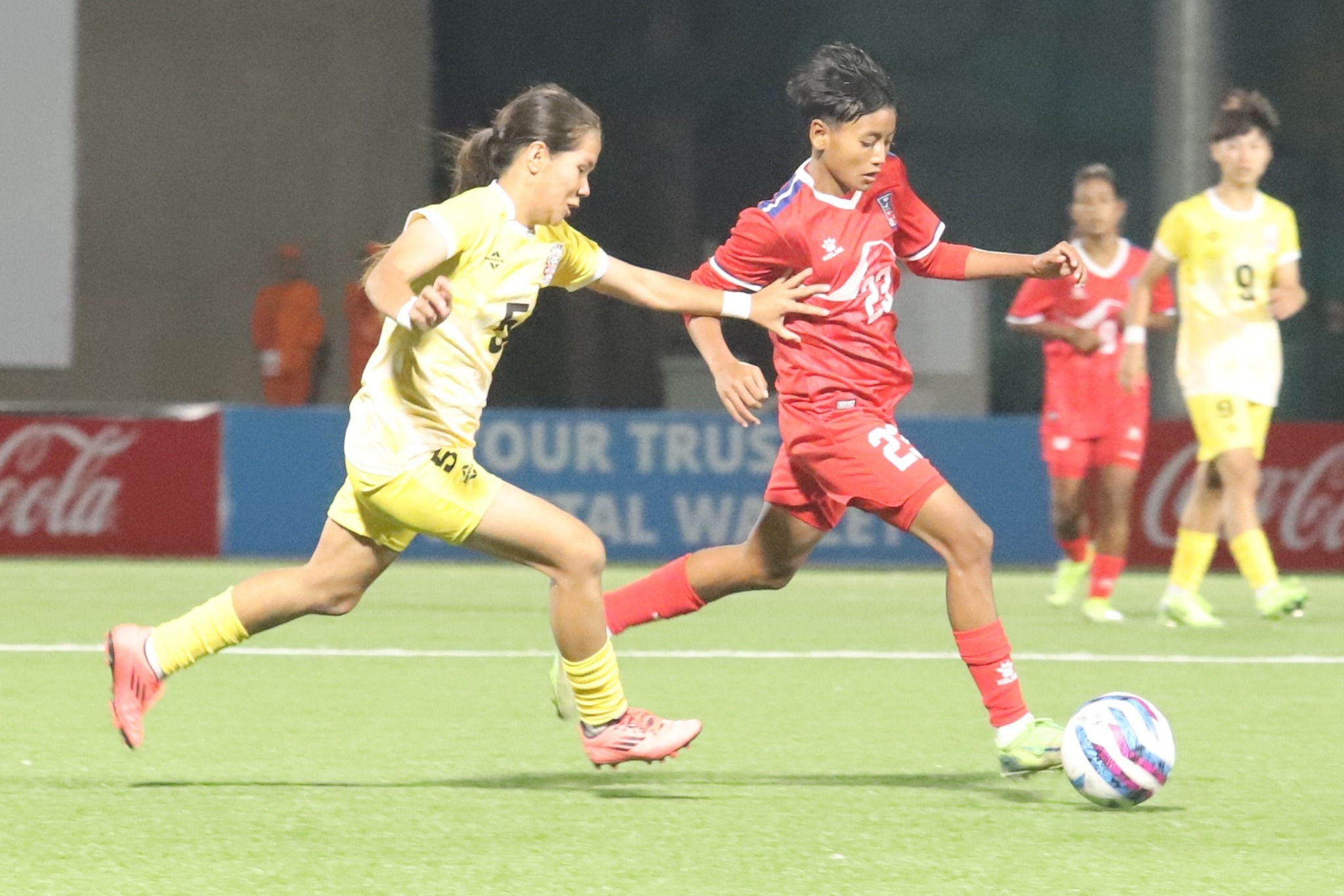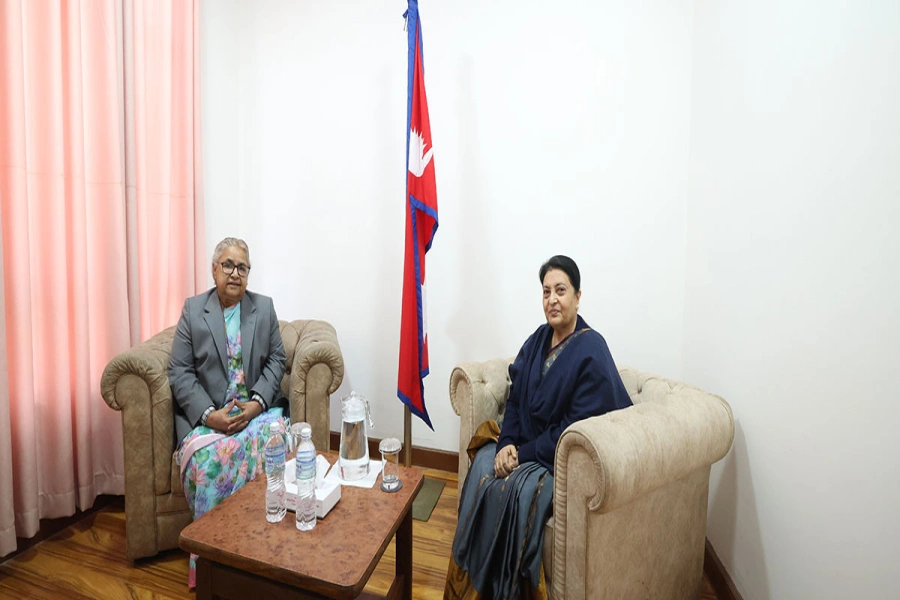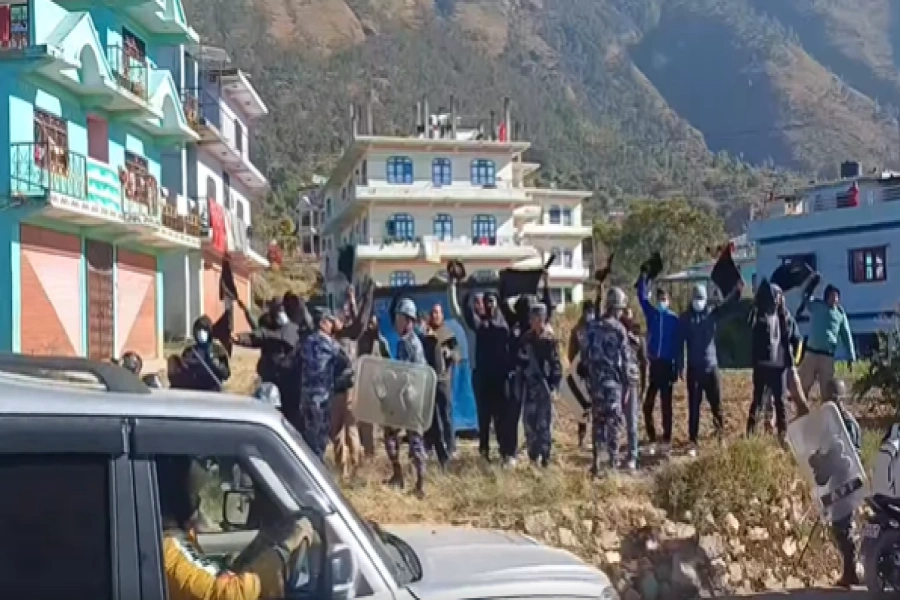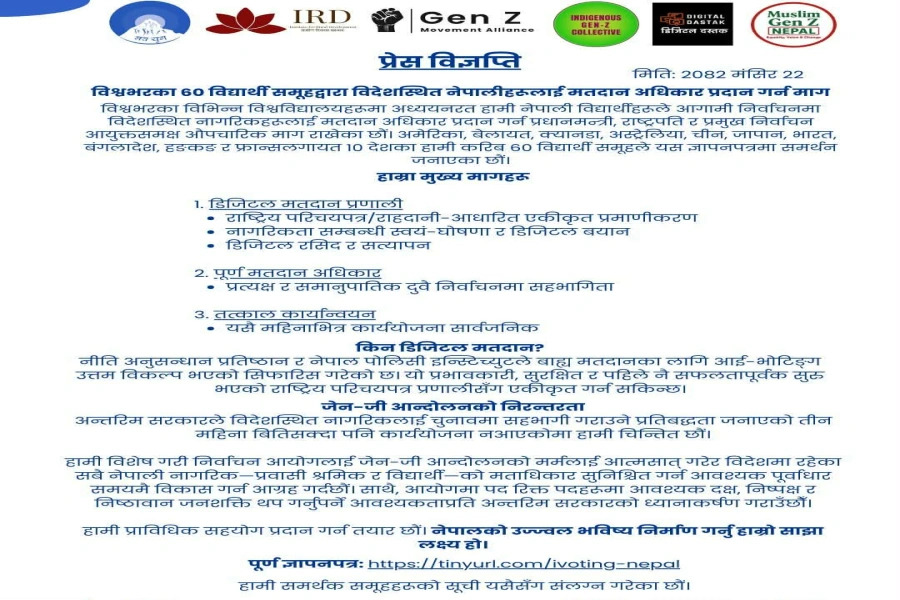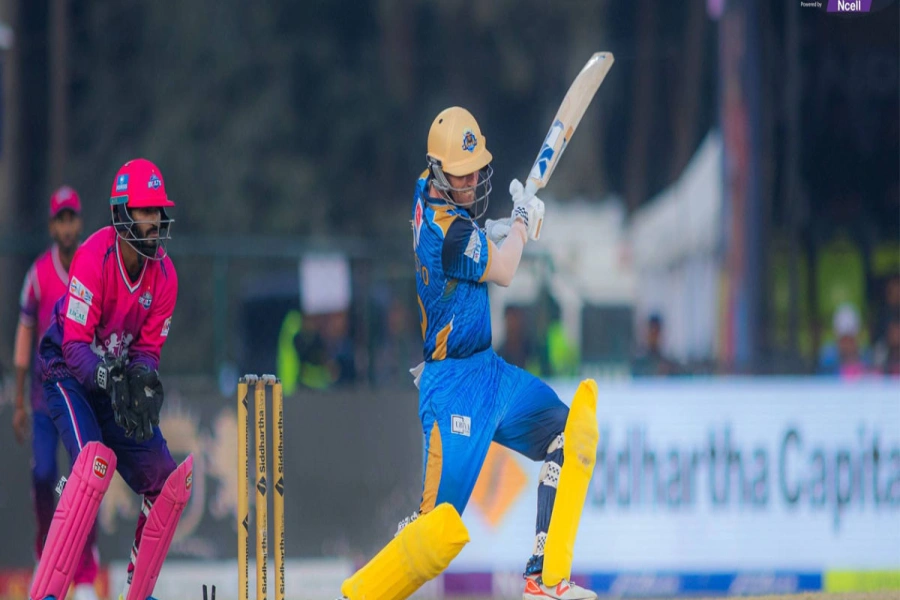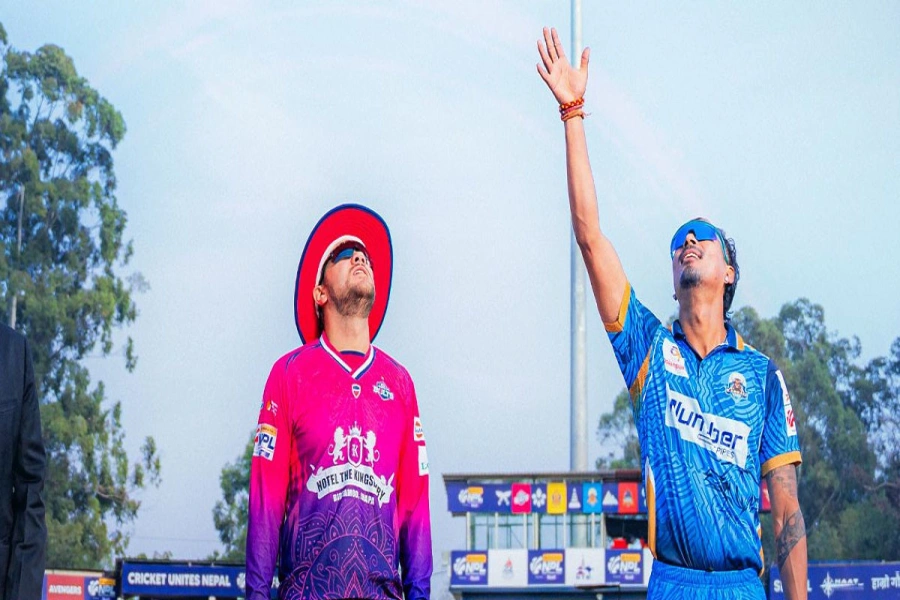KATHMANDU, May 9: Nepal showcased its strides in women-led entrepreneurship and sustainable tourism at the South Asian Women’s Conference on Women’s Economic Empowerment in Rural South Asia: Sustainable Pathways, held recently in Thimphu. The three-day international conference was inaugurated by the queen mother of Bhutan.
The conference brought together policymakers, grassroots leaders and development partners to discuss women’s economic empowerment, the effects of climate change, cross-border challenges, and models for sustainable business and tourism.
Addressing a session– Components of Rural Tourism: Success Stories– in the conference, Shova Gyawali, President of the Federation of Women Entrepreneurs’ Associations of Nepal (FWEAN), shared Nepal’s journey in uplifting rural women through traditional crafts, cooperative businesses and women-led tourism.
'We want to start a movement of social entrepreneurship'

President Gyawali highlighted FWEAN’s post-earthquake interventions in Sindhupalchowk, where women were trained in traditional weaving and connected to markets. “These women, once displaced and invisible in the economy, are now exporting Dhaka textiles, handmade jewelry, and herbal products,” she said.
Gyawali also discussed women-led homestays in Pokhara, Palpa, Ilam, and Mustang, where female entrepreneurs offer cultural experiences to travelers. “Tourists come for the mountains, but stay for the stories and crafts created by empowered women,” Gyawali said.
She also showcased the success of the Made in Nepal Expo held in Melbourne in December 2024, inaugurated by the city’s mayor. The two-day exhibition promoted Nepali women’s products and drew international attention to their entrepreneurship.
While celebrating these achievements, Gyawali pointed to persistent challenges including limited infrastructure, lack of access to finance and the need for gender-inclusive policies. She called for collateral-free loans, better market access, skill development and digital empowerment for rural women.
She also reiterated the need for regional solidarity in empowering rural women and addressing the effects of climate change. “True development means creating dignity and opportunity for every woman and every village,” she said.
The session, moderated by Chime Paden Wangdi of Tarayana Foundation, had Ani Chejay Wangmo, Tshering Choki, Samsay Lepcha and Shilpa Sharma as other panelists.
The South Asian Women’s Conference, which brought together speakers from various South Asian nations, concluded with a collective commitment to strengthen inclusive economic models and collaborate on climate-resilient, gender-focused development.



